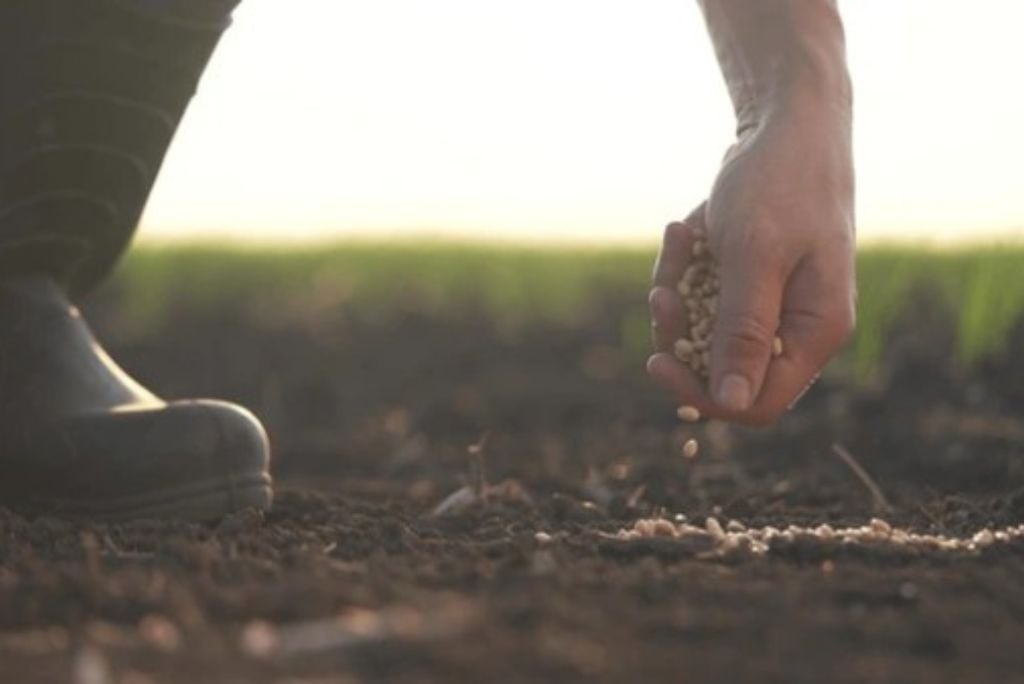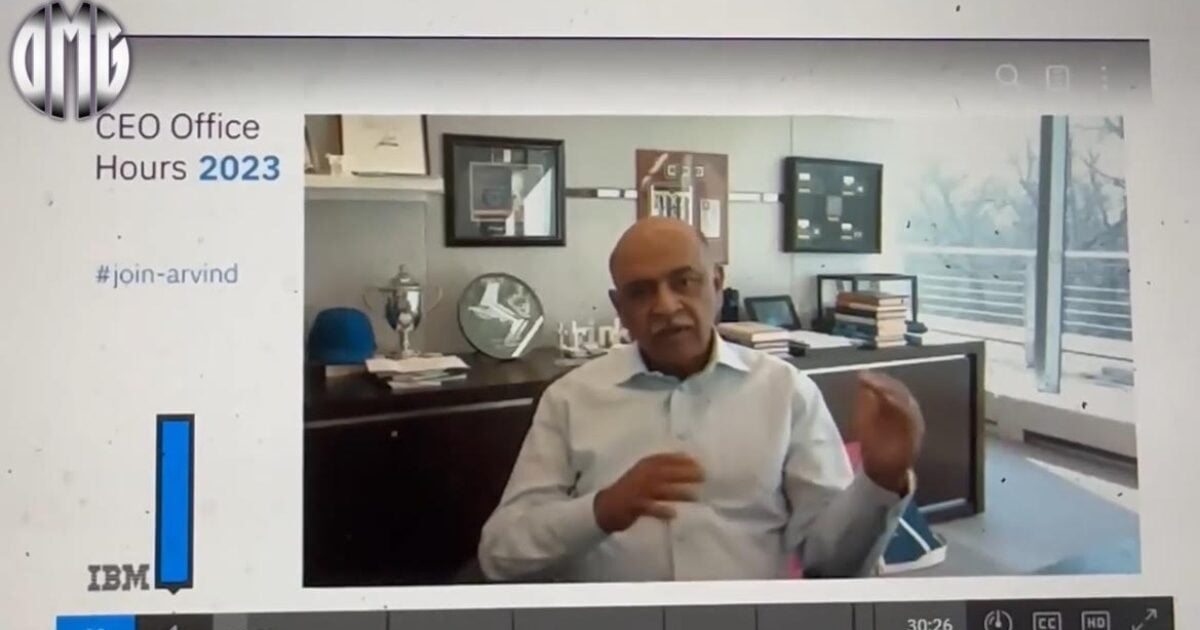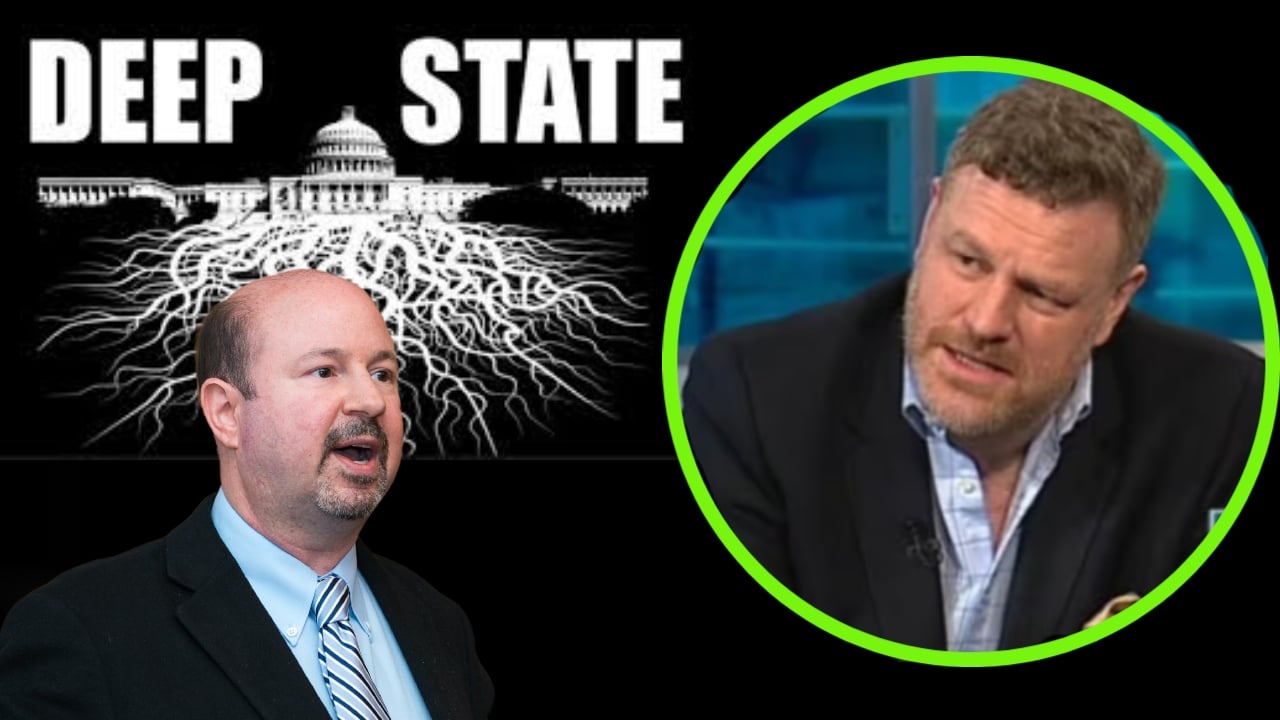Amid a climate of trade tensions and debates over the economic future of the United States, Donald Trump assured that part of the revenues collected from tariffs will be redirected to support farmers.
During a meeting in the Oval Office, accompanied by Turkish President Recep Tayyip Erdoğan, the Republican acknowledged that his trade policies could initially affect agricultural producers, which would justify the implementation of a compensation plan.
“We’re going to take some of the money collected from tariffs and give it to our farmers, who for a time will be hurt until the tariffs begin to benefit them. So we’ll make sure our farmers are in good shape, because we’re collecting a lot of money,” Trump told reporters.
Political Support for the Measure
The proposal received immediate backing from Agriculture Secretary Brooke Rollins and House Agriculture Committee Chairman GT Thompson (R-PA). Both emphasized that the agricultural sector should not bear the burden of trade policy alone, which seeks to reposition the United States in international trade.
The plan is expected to be included in the 2026 federal spending package, which must be approved before November 21 to avoid another government shutdown. This detail is key, as the measure not only provides economic relief for farmers but also ties into the broader negotiations over budget funding and priorities.
The Debate Over Tariff Revenues
Treasury Secretary Scott Bessent has insisted that tariff revenues will primarily be used to pay down the national debt. In statements to CNBC in August, Bessent estimated that tariff collections could reach $300 billion this year, later revising the figure upward to $500 billion.
“We are going to reduce the deficit relative to GDP. We’ll start paying off the debt, and at that point, it can be used as compensation for the American people,” he said. Bessent’s vision contrasts with Trump’s proposal, which aims to prioritize a specific sector—the agricultural industry—as part of his political and electoral strategy.
The American heartland has historically been one of the Republican Party’s strongholds. However, Trump’s trade policies have raised concerns in farming states such as Iowa, Nebraska, and Kansas, where grain, meat, and dairy exports heavily depend on international markets like China and Mexico.
By promising an “economic bailout” funded by tariffs, Trump seeks to strengthen his bond with the agricultural sector and ensure that trade tensions do not translate into a loss of electoral support. The measure also reinforces his narrative that tariffs are not a cost to the country, but a strategic tool to strengthen the national economy and protect producers from foreign competition.
About The Author















